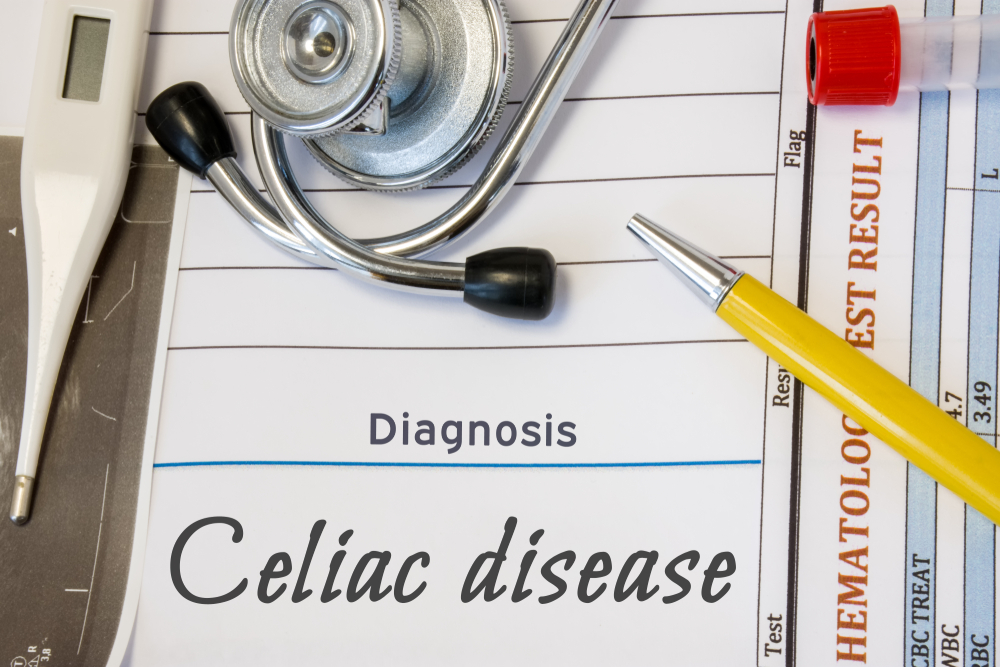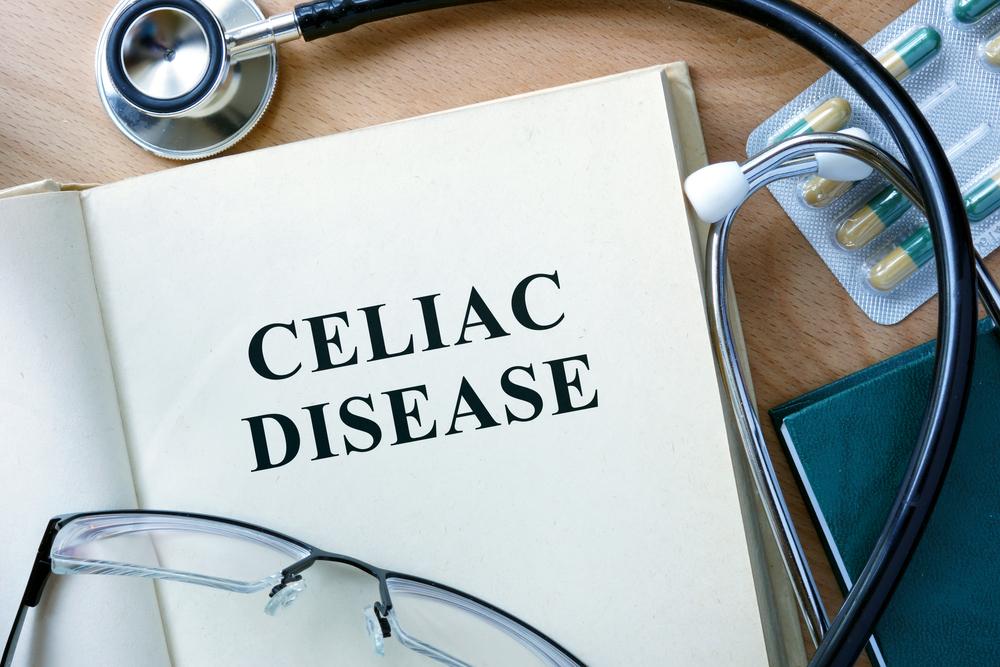Key Insights into Celiac Disease You Must Know
Discover essential facts about celiac disease, including causes, symptoms, risk factors, and management strategies. Learn how a gluten-free diet can help mitigate complications and promote gut healing. Stay informed to protect your health.

Essential Information About Celiac Disease
Celiac disease is one of the most prevalent digestive disorders affecting many individuals worldwide. It is an autoimmune condition triggered by gluten consumption. The immune system reacts to Gliadin, a component found in wheat, barley, rye, and oats, leading to inflammation in the small intestine.
This inflammation damages the villi—tiny structures crucial for nutrient absorption. When villi are compromised, malnutrition and nutrient deficiencies can occur. Over time, untreated celiac disease may also result in anemia and other serious health issues.
The prevalence of celiac disease is alarming, with approximately 1 in every 141 individuals affected. It can develop at any age, with genetic factors playing a significant role. Certain ethnic groups, such as Caucasians, are more susceptible. Risk factors include other autoimmune disorders like type-1 diabetes, Turner’s syndrome, and Down syndrome.
Causes of Celiac Disease
The primary cause involves an interaction between specific genes. Consuming gluten-rich foods increases the risk, although the precise cause remains unknown. Triggers such as surgeries, pregnancy, infections, or stress can also initiate the disease. An abnormal immune response damages intestinal villi, impairing nutrient absorption regardless of food intake.
Genetics and ethnicity influence susceptibility, with higher risks observed among certain groups. Additionally, individuals with autoimmune conditions or genetic syndromes have elevated chances of developing celiac disease. Long-term exposure can lead to complications like calcium deficiency, lactose intolerance, neurological problems, infertility, and increased cancer risk. Adopting a strict gluten-free diet helps prevent progression and supports gut healing.
Symptoms of Celiac Disease
As a lifelong condition, celiac disease presents various symptoms, from mild to severe, including gastrointestinal issues, fatigue, mouth sores, fluid retention, infertility, muscle problems, blood in stool, fatty and foul-smelling stools, and nosebleeds. Prompt medical consultation is essential if symptoms are observed.
Management and Treatment
Currently, there is no cure for celiac disease, but ongoing research may lead to vaccines or medications in the future. The primary approach is a strict gluten-free diet, which aids in intestinal healing and prevents further damage. Managing associated complications with proper medication can improve quality of life.
Note:
This article offers informative insights into celiac disease based on current research. While helpful, it should not replace professional medical advice. The editorial team disclaims responsibility for discrepancies or outdated information. Always consult healthcare providers for personalized diagnosis and treatment options.










